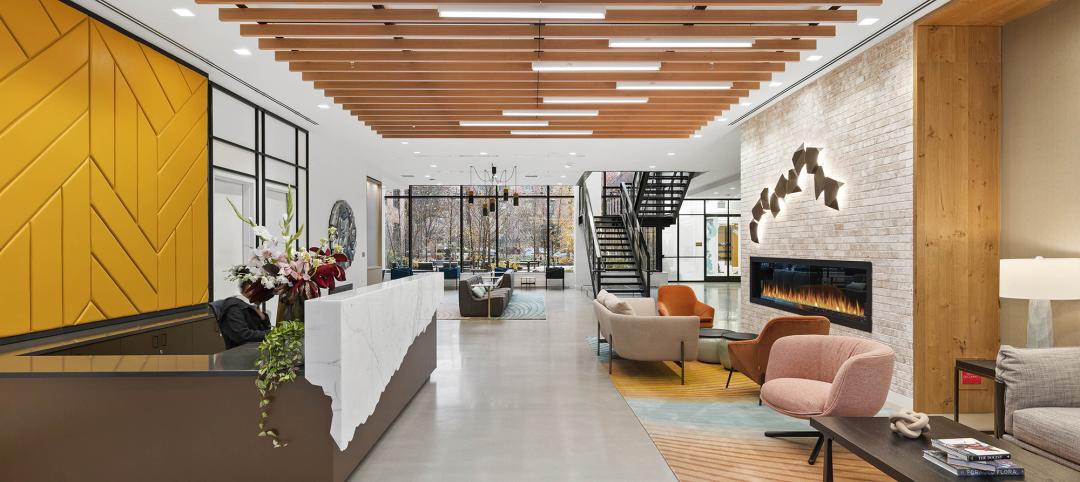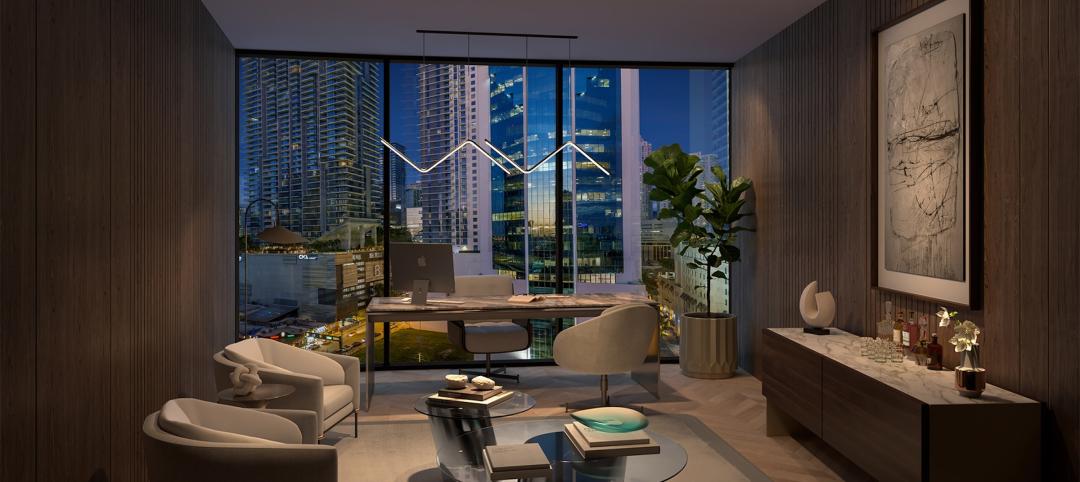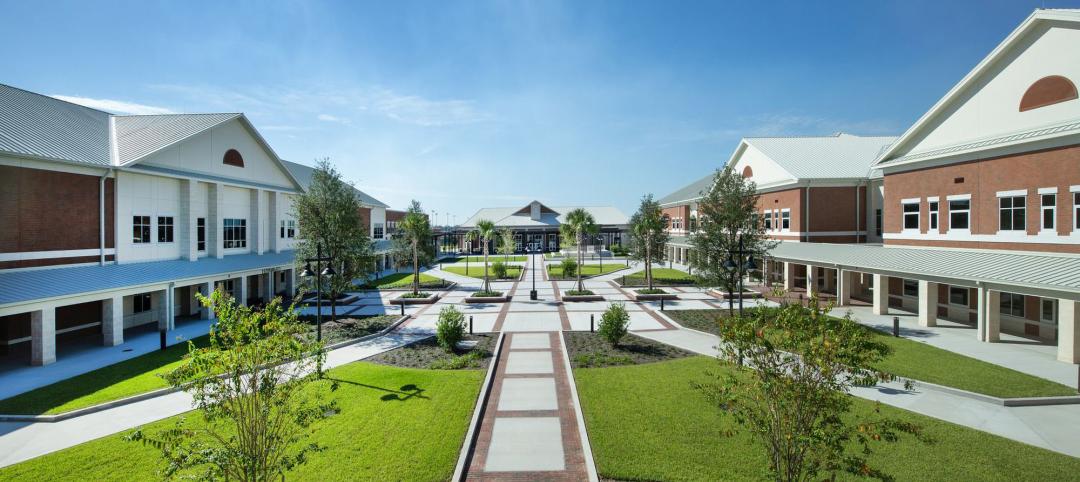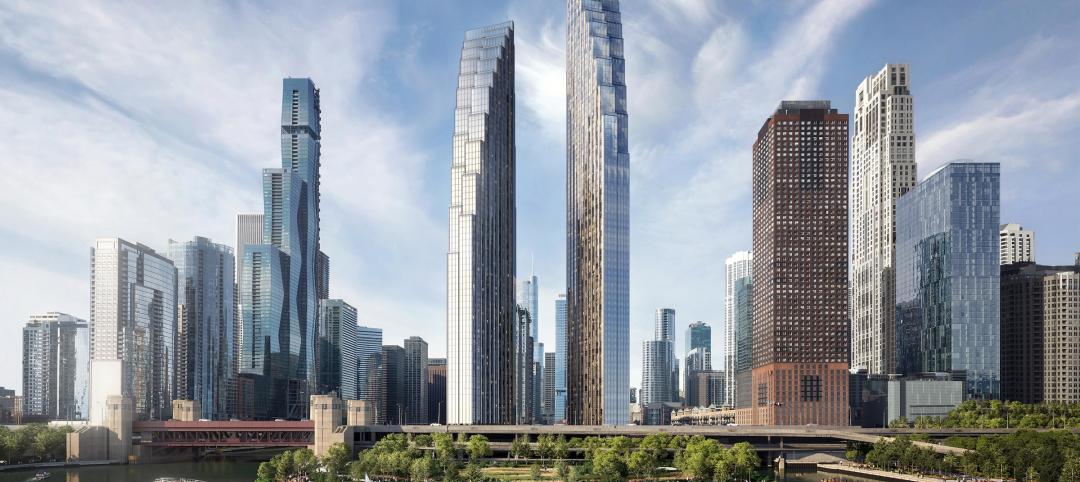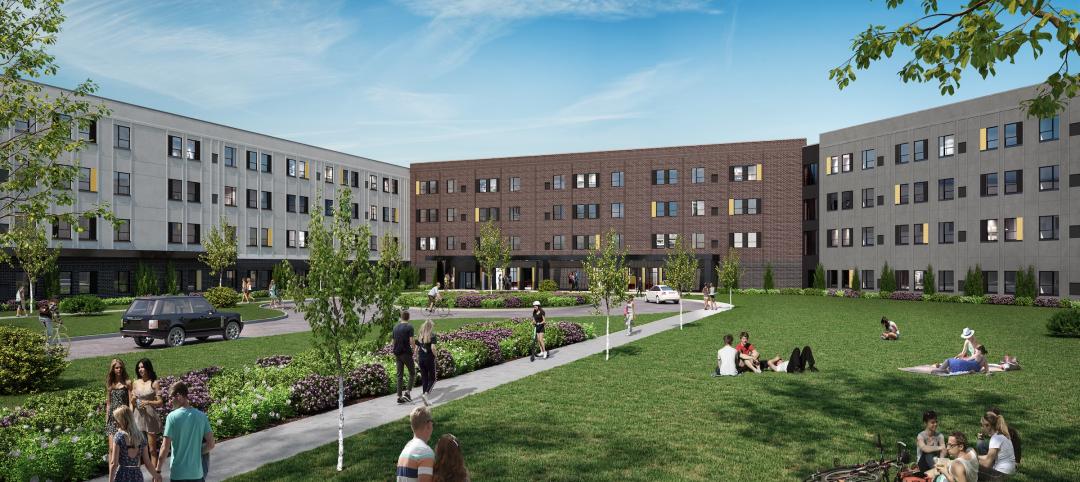The San Francisco Department of Building Inspection announced a series of new building code guidelines clarifying adaptive reuse code provisions and exceptions for converting office-to-residential buildings. Developed in response to the Commercial to Residential Adaptive Reuse program established in July 2023, the guidelines aim to increase the viability of converting underutilized office buildings into housing by reducing regulatory barriers in specific zoning districts downtown.
This effort is one component of the Mayor's recently announced 30x30 Plan to convert at least 5 million square feet of office space to approximately 5,000 units of housing by 2030. It also falls under the umbrella of the Roadmap to San Francisco Future – a comprehensive plan to reinvigorate downtown in response to the COVID pandemic. The new guidelines, detailed in Information Sheet G-29 and summarized in a resource sheet, clarify and, in some cases, reduce adaptive reuse building code provisions related to building envelope, exterior walls and openings, means of egress, ventilation, lighting, unit size, earthquake safety, and accessibility.
“There are many buildings that may benefit from these adaptive reuse guidelines,” said Department of Building Inspection Director Patrick O’Riordan. “The important thing is that we find ways to help developers convert these older office buildings without sacrificing residential safety requirements. These guidelines strike just the right balance and should add more certainty to the design and review processes.”
The Department of Building Inspection collaborated with the San Francisco Fire Department, San Francisco Planning Department, the Mayor’s Office of Economic and Workforce Development, and various community partners. An Office-to-Residential Task Force was established that included eleven experts from the fields of architecture, engineering, fire protection, building codes, historic preservation and real estate development, to better understand the economic roadblocks. Over the course of a year, these experts donated their time to attend dozens of meetings with these city agencies to develop the guidelines.
"By working together, we hope to unlock the ability to create more housing and re-energize San Francisco's downtown," said Skidmore, Owings & Merrill (SOM) Architect Lisa Follman, an American Institute of Architects (AIA) member who led the task force. “By establishing clear guidance, we hope to enable architects, engineers, and developers to find innovative design solutions to unlock the potential of these historic buildings.”
Clarifications of note include:
- Earthquake safety: provides multiple paths for review and approval based on building-specific considerations on a case-by-case basis.
- Exterior wall openings: creates a pathway for approval of more exterior wall openings (such as doors and windows) than allowed by the existing code if the proper design equivalencies are in place.
- Direct light: the new guidelines offer indirect light (such as natural light from one room illuminating an adjacent room through an interior window), sky lights or light courts as alternatives when direct light isn’t feasible in all habitable rooms.
- Elevator upgrades: the document codifies that existing low-rise buildings do not need to upgrade their elevators to meet the current code requirements for gurney size, hoistway construction, or Firefighters Emergency Operation–an upgrade that has been a substantial barrier to adaptive reuse of this building type.
Previously, developers were unable to accurately predict or calculate the upgrades needed to adapt a building for residential uses, dissuading the conversions from happening all together. In addition to offering a clearer picture of what is needed up-front, the new guidelines are expected to lower design and construction costs while reducing construction permitting times for downtown commercial-to-residential conversions. This effort builds on the progress San Francisco has already made to speed up housing-related building permit review and issuance times. In 2024 to date, housing-related In-House Review permits (featuring the more detailed plans, calculations and review needed for large or complex projects) are being issued a median of 165 days faster (35%) compared to 2022.
"Having converted a 400-foot office tower into 418 apartments at 100 Van Ness, we appreciate the critical importance of clear and timely code interpretations from DBI and the Fire Department when considering undertaking a conversion project," said Emerald Fund President Marc Babsin. "These new building code guidelines for conversions will be an invaluable tool for developers and will help to expedite the process of creating housing and activation downtown."
The Commercial to Residential Adaptive Reuse Task Group included Skidmore, Owings and Merrill (SOM); Emerald Fund; Page & Turnbull; Meyers+ Engineers; Tipping Structural Engineers; SDG, LLC; the Preview Group; and Simpson, Gumpertz & Heger (SGH) – in collaboration with American Institute of Architects San Francisco (AIASF); Structural Engineers Association of Northern California (SEAoNC); San Francisco Bay Area Planning and Urban Research Association (SPUR); and the San Francisco Chamber of Commerce.
Related Stories
MFPRO+ News | Jul 8, 2024
Boston receives 304 new market-rate and affordable housing units
The Smith No. 99 in Boston, Mass., is a new 305,000-sf mixed-use apartment community featuring 304 market rate and affordable housing units.
MFPRO+ New Projects | Jul 2, 2024
Miami residential condo tower provides a deeded office unit for every buyer
A new Miami residential condo office tower sweetens the deal for buyers by providing an individual, deeded and furnished office with each condo unit purchased. One Twenty Brickell Residences, a 34-story, 240-unit tower, also offers more than 60,000 sf of exclusive residential amenities.
Senior Living Design | Jun 28, 2024
The country’s largest retirement community expands with educational facilities
The project will include a high school, a K-8 school, and an Early Learning Center aimed at serving the children of residents who work in qualified businesses within The Villages.
MFPRO+ New Projects | Jun 27, 2024
Chicago’s long-vacant Spire site will be home to a two-tower residential development
In downtown Chicago, the site of the planned Chicago Spire, at the confluence of Lake Michigan and the Chicago River, has sat vacant since construction ceased in the wake of the Great Recession. In the next few years, the site will be home to a new two-tower residential development, 400 Lake Shore.
MFPRO+ News | Jun 25, 2024
New York mayor releases multi-year plan to address affordable housing crisis
The plan seeks to create and preserve affordable housing. It will incentivize the inclusion of permanently affordable and rent stabilized housing in new, multi-family construction projects.
Student Housing | Jun 25, 2024
P3 student housing project with 176 units slated for Purdue University Fort Wayne
A public/private partnership will fund a four-story, 213,000 sf apartment complex on Purdue University Fort Wayne’s (PFW’s) North Campus in Fort Wayne, Indiana. The P3 entity was formed exclusively for this property.
MFPRO+ News | Jun 24, 2024
‘Yes in God’s Backyard’ movement could create more affordable housing
The so-called “Yes in God’s Backyard” (YIGBY) movement, where houses of worship convert their properties to housing, could help alleviate the serious housing crisis affecting many communities around the country.
MFPRO+ News | Jun 20, 2024
National multifamily outlook: Summer 2024
The multifamily sector continues to be strong in 2024, even when a handful of challenges are present. That is according to the Matrix Multifamily National Report for Summer 2024.
Sponsored | MFPRO+ News | Jun 20, 2024
Unlocking the Future: Modernizing Access Control in Multifamily Housing
Explore how advanced access control systems are transforming multifamily housing. Learn about Salto’s DBolt Touch and Homelok platforms, designed to enhance security, streamline operations, and improve resident satisfaction with keyless, mobile-ready solutions.




